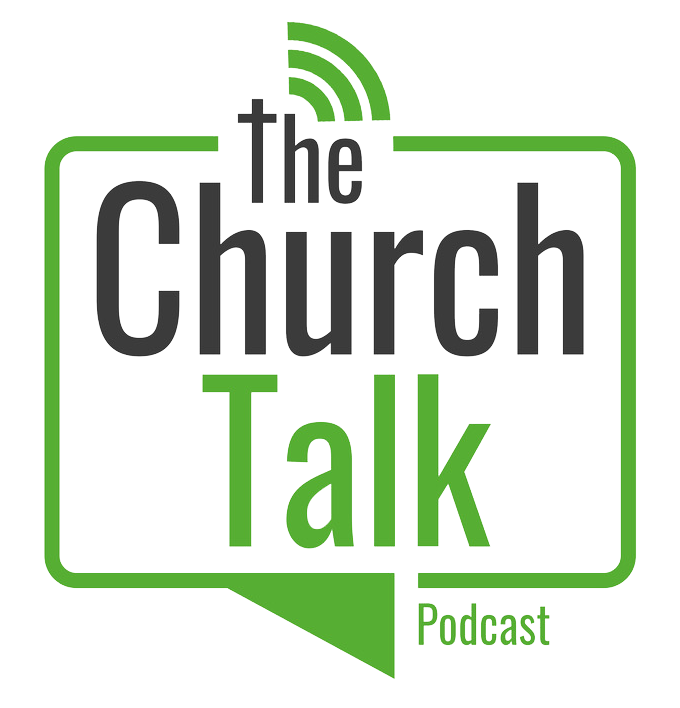I am a Bible nerd, and I know it. I have a t-shirt that simply has the word “exegesis” over the word “eisegesis” like a rebus puzzle. I think it is hilarious.
Maybe you have already stopped reading. Please keep going. It gets better.
If you went to seminary, you heard the difference between exegesis and eisegesis. Exegesis is the critical examination, interpretation, and explanation of Scripture where the interpreter allows the meaning to come out of the text. Eisegesis is reading your own ideas and concepts into the text when examining, interpreting, and explaining them. Obviously, exegesis is the preferred way of studying the Bible. If I have to explain why that is the case, we have bigger fish to fry than where I am going next!
Recently, I have heard several people talk about a concept called “Hermeneutical Narcissism” or “Narcigesis.” Narcigesis goes beyond eisegesis and interprets Scripture in a highly personalized and even selfish way. It makes the reader’s own personal situation and circumstances the central interpretive lens. In essence, the reader makes the text all about them.
I have seen this in action. The simplest example would be when readers see every promise in Scripture to be something they can personally claim. It can slowly creep into other areas of Scripture as well. When God promises Abraham land, offspring, and influence, readers will assume they, too, are promised these. This form of interpretation automatically puts the reader in the place of Abraham and says the promise also applies to them.
Ultimately, this form of Biblical hermeneutic forgets that the whole of Scripture points to Jesus, not to the reader. In John 5:46, Jesus makes it very clear that Scripture (specifically the Torah in this verse) was written about him. He tells the Pharisees that Moses wrote about him. Jesus later uses the Hebrew Scriptures to explain everything he did in his ministry, death, and resurrection (see Luke 24:27, 44-45).
I hope that so far, you are nodding in agreement with my assessment of the different types of hermeneutical approaches. So let me introduce a new idea into the mix.
WebMD.
Recently, my knee began hurting badly, even though I could not remember doing anything to it. I did a quick search on WebMD to diagnose my issue and put a treatment plan together. Within a few clicks, I knew that I had Pigmented Villonodular Synovitis (PVNS). This rare condition (which really means only someone as unique as me would get it) causes non-cancerous tumors in the joint and could lead to lots of damage to the joint. It could also spread. Sometimes, radiation is needed.
I updated my will and started making plans for how I would manage a wheelchair around our house.
Then I went to the doctor. After reviewing a few things (including an MRI done a year ago for the same issue), he told me that I have a torn meniscus that still hasn’t healed and is currently aggravated. He told me that my first step was to quit whining, take some Advil, and schedule physical therapy. (I added the “quit whining” part, but I know it was implied!). After one visit to the physical therapist and two weeks of doing the exercises, I was completely pain-free. No surgery, no radiation.
We have created a generation of self-diagnosing patients who are not equipped to process the data we find about our own bodies. Everything we read must be about us and must directly apply to my current situation.
I am not sure if I am still talking about WebMD.
In the American Church, the American values of liberty and independence have taken a front seat in our hermeneutical imaginations. Whether we mean to or not, our first thought about anything has to do with us and what it means for us. We automatically insert ourselves into the narrative – usually as the hero or victim, but never the villain – and begin interpreting it around our idea of how the world works, our worldview, and even our cosmology.
Pastors, I seriously doubt that any of you fall into the trap of extreme narcigesis as you prepare your sermons. However, I want to warn you that the culture in which we live practices narcigesis at every turn. Our culture says that you are the center, you get to determine what is right and best for you, and you get to determine your own purpose in life. That is now the norm.
That is not at all what Scripture teaches us about who we are. An exegetical hermeneutic will point to God as the source of all things. Specifically, God is the source of right and wrong, our meaning and significance, and our purpose and identity. When we teach this, we are teaching in opposition to the way of our culture. We are teaching that humanity belongs to God and not the other way around.
Please do not succumb to the gentle, quiet temptation to make yourself or even your congregation the focus of Scripture. Yes, you need to teach what the Bible says and help your people apply it to their lives, but you also need to equip your people with the tools to think critically about what Scripture is saying and why it is saying it. Challenge the current ideologies that put the individual at the center of all things, and encourage your congregation to read Scripture exegetically within the context of the time and culture that it was written. Challenge them to read the Bible as wisdom literature that reveals who God is and how God sees and loves creation.
Challenge the WebMD lens. Don’t let your people plug in a few symptoms and ask the Bible to spit out an answer that will make their life better. Challenge the hermeneutical narcissism that is beginning to permeate the American Christian landscape.
You don’t have to be a Bible nerd like me, but it doesn’t hurt!





